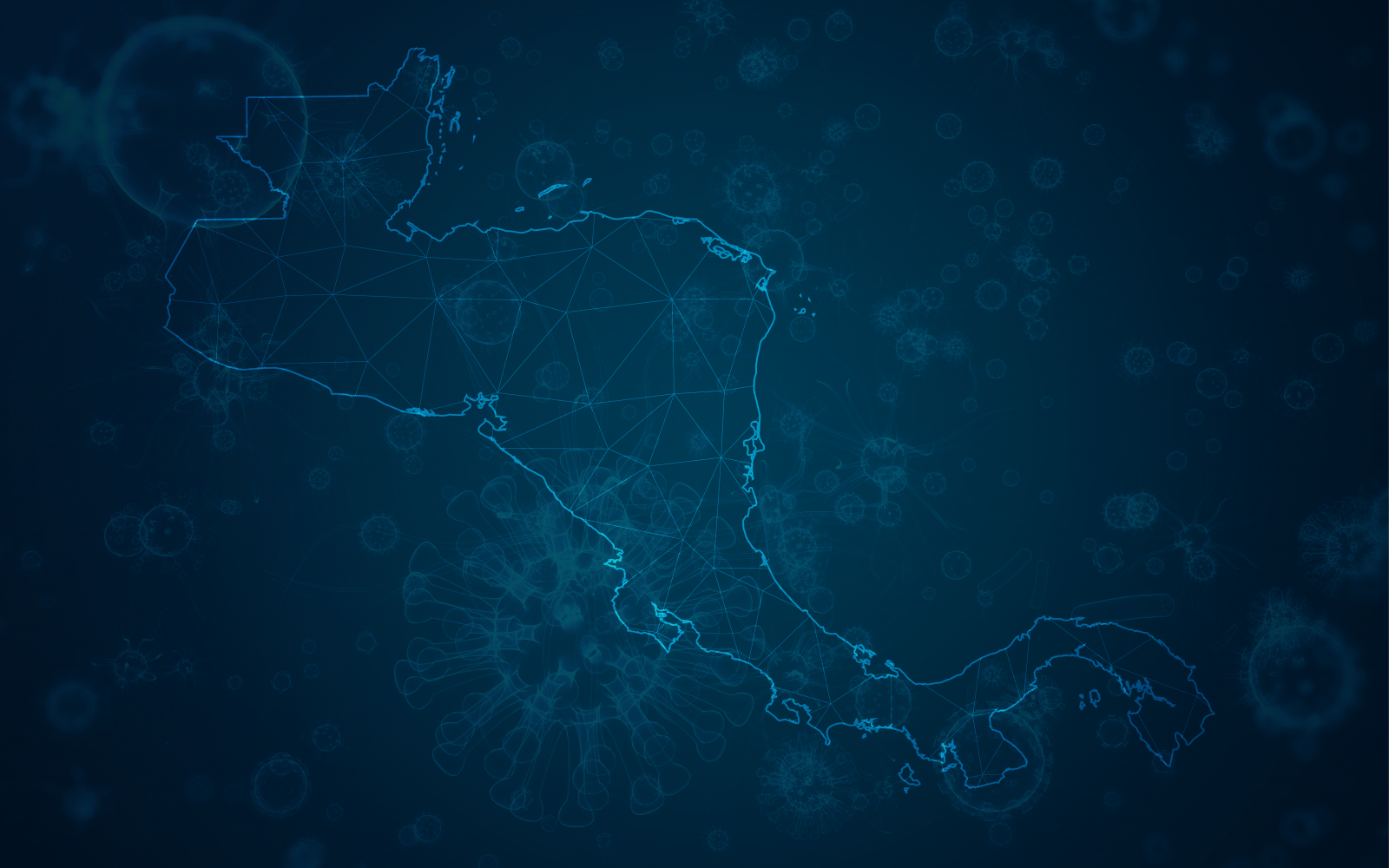
SHARE
In a region challenged by weak rule of law and limited civic space, civil society leaders in the northern Central America countries of El Salvador, Guatemala, and Honduras anticipated the possibility of government overreach and power grabs under the guise of COVID-19 response and recovery efforts. With this foresight, these leaders sought to play active watchdog roles to promote transparency and public accountability.
In this respect, organizations across northern Central America partnered with NDI to adapt methodologies and tools for the early detection and prevention of corruption for use in monitoring government handling of pandemic information, programs, procurement and expenditures. Early on, groups recognized that government data emerging from the crisis did not seem to capture the complete picture of the pandemic’s impact, and in some cases distorted the reality of the pandemic, particularly for communities experiencing marginalization.
In El Salvador, where the government declared the vaccination plan to be confidential information and did not disclose the fiscal controls over vaccine acquisition, the Central American Institute of Fiscal Studies (Instituto Centroamericano de Estudios Fiscales/ICEFI) monitored vaccine roll-out in all parts of the country to ensure the public had reliable information about the government’s actions.
In Guatemala, the group Dialogues, A.C. (Diálogos, A.C.), observed the disproportionate impact of the pandemic on ethnolinguistic and Indigenous communities and recognized that access to the vaccine would follow similar trends and be difficult to obtain. Therefore Diálogos, A.C. raised awareness on “mobility” – the need for marginalized communities to cross municipal lines to get vaccinated – and that it correlated with low vaccination rates in these areas.
In Honduras, which experienced a slow uptake in vaccination – despite inoculations being free and accessible to a majority of Hondurans – the Association for a More Just Society (Asociación Para Una Sociedad Más Justa/ASJ) used research to identify root causes and solutions to counter low vaccination rates.
The work of all three groups highlighted fundamental deficits in information integrity, inclusive decision making, and local government capacity, and offered solutions as appropriate. In Honduras, citizens lacked confidence in government communications about vaccines and more often turned to friends and family for information. An overall lack of presidential support for vaccines and rampant disorganization of vaccine provision in Guatemala enabled leaders to sow fear about the vaccine and discredit local leaders, including Indigenous leaders, who expressed support for vaccination. The “confidentiality” of the vaccine plan in El Salvador limited public understanding and created doubt about the government’s actions.
Based on data systematically collected, the three organizations engaged decision-makers to advocate for short- and long-term reforms related to transparent and accessible information, and more inclusive policies and expenditures. ICEFI – overcoming wide restrictions on publicly available information pertaining to the pandemic – collected and verified data published by public institutions, media outlets and other civic groups implementing similar monitoring initiatives. They then utilized public forums and social media to share findings more broadly. News articles citing ICEFI’s research helped inform citizens about the pandemic's impact and sparked public debates and demands around transparency and accountability. Likewise, data collected and published by Diálogos, A.C. bolstered ongoing advocacy efforts around transparent public expenditures and allowed the organization to reach out to current reform-minded members of congress and Semilla party members. In Honduras, ASJ’s data informed the Ministry of Health and Ministry of Education’s guidance for school reopening.
Through their partnership with NDI, ICEFI, Diálogos, A.C., and ASJ expanded the scope of their work to meet the pandemic moment. These efforts built upon and set precedent for what citizens can and should expect from their governments as it relates to transparency, accountability and access to credible information during a crisis. Seeing the pandemic as an opportunity, ICEFI, ASJ, and Diálogos, A.C. maintained civic watchdog space and leveraged the crisis in a way that will support citizens to be more resilient to future shocks and maintain foundations necessary for long-term development and building back democratically.
Authors: Whitney Pfeifer, Senior Program Officer, NDI’s Citizen Participation and Inclusion team
NDI is a non-profit, non-partisan, non-governmental organization that works in partnership around the world to strengthen and safeguard democratic institutions, processes, norms and values to secure a better quality of life for all. NDI envisions a world where democracy and freedom prevail, with dignity for all.


